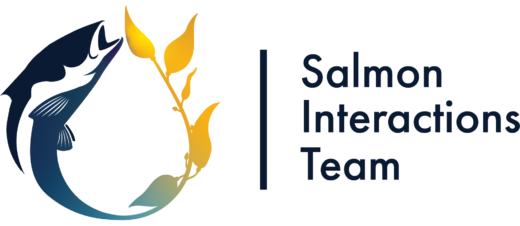A new environmental monitoring program in Storm Bay is revealing exactly how the local marine environment is responding to salmon aquaculture – and it’s serving as an early warning system to detect any signs of enrichment from excess nutrients and organic matter. “Salmon aquaculture is relatively new to Storm Bay so it’s vital to have […]


